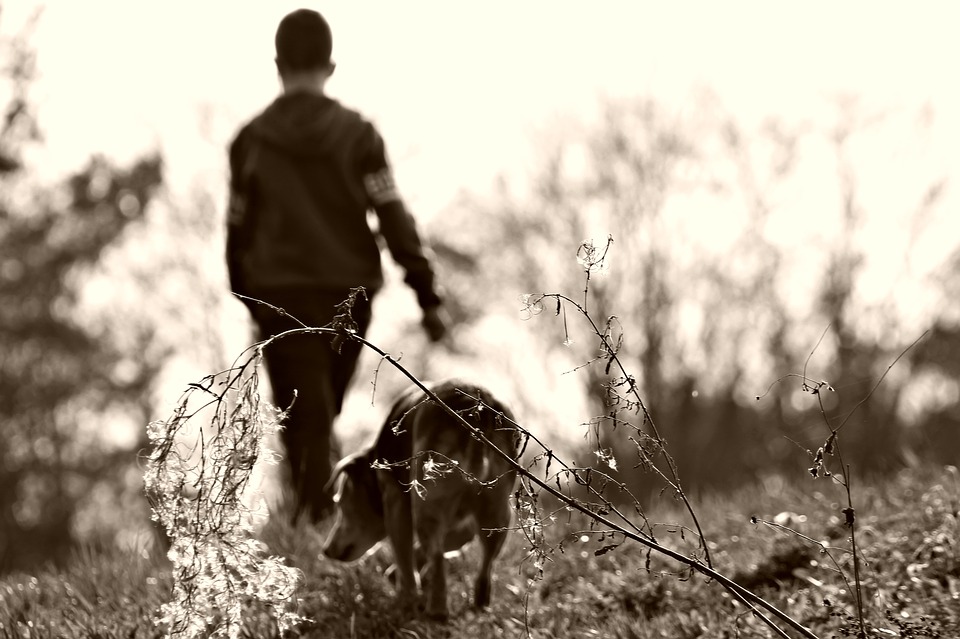
This Blog Was Wrote As A Guest Blog By: Laura Pearson
Many kids with anxiety do not receive the care their condition requires. A whopping 80% of children with anxiety are not formally diagnosed, which makes it difficult for them to receive the treatment they need. If you suspect your child has anxiety, schedule an appointment with a pediatrician, psychologist, or psychiatrist for testing and treatment. The suggestions below may also help alleviate common symptoms associated with anxiety, regardless of whether your child has a chronic mental health condition or is temporarily concerned about a specific situation.
Pursue a Hobby
Anxiety is generally not an unobtrusive condition. It occupies an affected child’s thoughts frequently, making it difficult to focus on schoolwork or accomplish daily commitments. In an effort to fend off feelings of fear or loneliness, many children turn to hobbies.
Taking up a hobby can boost your child’s mood by giving them an enjoyable activity to concentrate on rather than dwelling on feelings of uneasiness. Hobbies give kids a sense of purpose, which is important because many children with anxiety struggle with low self esteem.
Not sure which hobbies your child should try? Here are some ideas for younger kids:
⦁ Drawing
⦁ Painting
⦁ Singing
⦁ Collecting rocks or other objects
Older kids may enjoy the same hobbies as younger kids, as well as:
⦁ Writing
⦁ Baking
⦁ Growing plants or flowers
⦁ Knitting
⦁ Scrapbooking
⦁ Candle making
You and your child can get additional ideas by browsing the craft section of a local retailer.
Exercise Regularly
There are physical and environmental factors that make a child likely to develop anxiety. Some experts believe that anxiety stems from inflammation in the body. If that theory is true, then exercising regularly may help decrease inflammation, thus reducing or eliminating the symptoms of anxiety.
Before you encourage your child to start an exercise regimen, meet with his or her pediatrician to make sure it’s okay. If your child is usually not active, start with gentle, simple activities like walking or swimming before building up to more strenuous activities or sports. Yoga is another excellent option for kids with anxiety because it’s gentle yet effective and may help promote a calm state of mind.
Take Up Dog Walking
Does your child have any furry friends? Many children find joy and comfort when they spend time with friendly animals. Encourage your child to help walk your family’s dog, or ask neighbors if your son or daughter can help walk their pets. Here are some potential benefits associated with dog walking:
⦁ Exposure to fresh air
⦁ Access to sunlight, which provides Vitamin D
⦁ Encourages physical activity
⦁ Improved mood
⦁ Sense of purpose
⦁ Ability to earn extra spending money
Some dogs are difficult to manage, so you may want to limit your child’s exposure to them. A dog who frequently bites people or runs away may cause more stress for your kid rather than helping them feel better.
You may want to make sure that your child only walks dogs that are vaccinated against rabies or other common illnesses that affect dogs. Dogs can pass some canine illnesses on to humans. The same is true for many other animals, such as cats and birds.
Practice Meditation
Meditation isn’t just for adults. When your child feels anxious, encourage them to sit down and meditate until they feel less worried. Close the curtains and turn off the TV, or put on some soothing music to help your child relax. Have them close their eyes and inhale through their nose, then exhale through their mouth. This should be done slowly and carefully.
Your child can continue focusing on taking deep breaths, or you can ask them to picture something that makes them happy. Depending on their age, this may be a special toy or stuffed animal, a friend or family member, or a special location.
Untreated anxiety can make it difficult for your child to handle homework, extracurricular activities, or outings with friends. Encourage your child to manage anxiety with the helpful coping methods above.
Image via Pixabay
